In early November, a group of community members and Access students were treated to a delightful and informative presentation about Hayyim Nahman Bialik, Israel’s national poet.
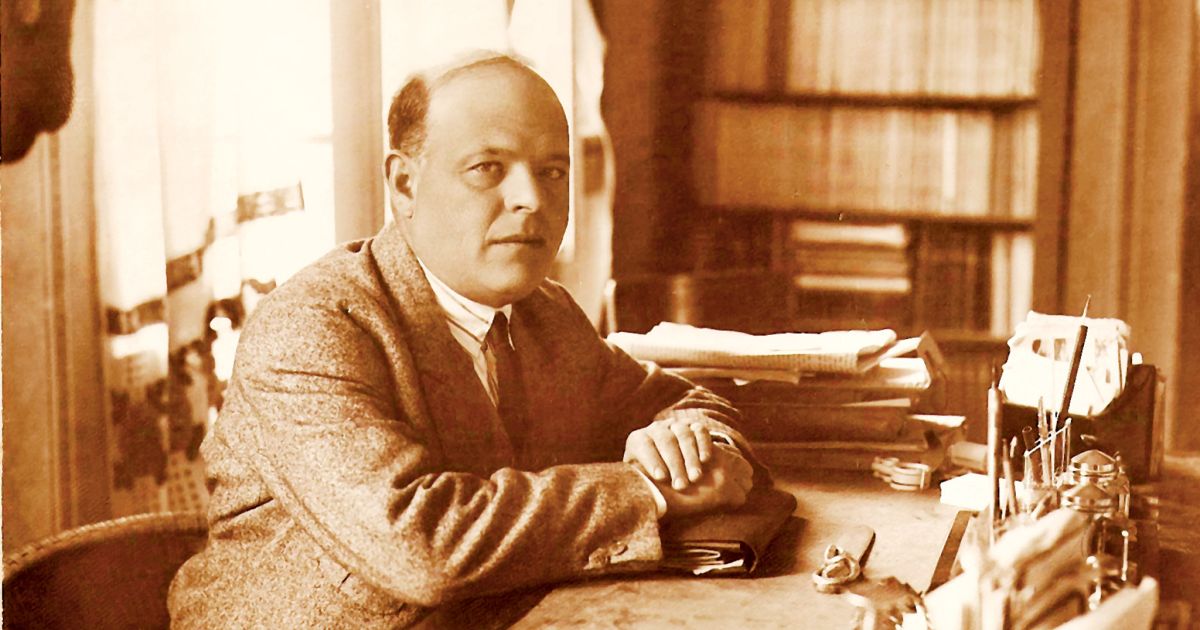
Hayyim Nahman Bialik
The event, co-sponsored by the Stroum Center for Jewish Studies and the Department of Near Eastern Languages and Civilization (NELC) at UW, began with the screening of “Bialik: King of the Jews,” one of eight episodes from the renowned HaIvrim (“The Hebrews”) series — a documentary project focused on foundational Hebrew writers that was produced, written and directed by filmmaker Yair Qedar. “Bialik” premiered in select theaters and on Israeli Channel 8 in 2014, and was the official selection of Docaviv Tel Aviv Documentary Film Festival that year.
With an artful blending of historical footage, animation, and interviews, the documentary traces Bialik’s birth in a small town in Ukraine in the late 19th century to his rise as an intellectual prodigy and yeshiva student in Volozhin, where he was exposed to the writings of Ahad Ha’am and soon began to identify as a Zionist. A few years later, he travelled to Odessa–the then center of secular Jewish culture–where he met Ahad Ha’am and other cultural Zionists in person and began writing poetry in earnest. Bialik wrote poetry in Hebrew and Yiddish that often integrated biblical and Talmudic themes and also powerfully reflected contemporary concerns. His poetry came to resonate so deeply with Jews living in Israel that he became known as “a prophet of Jewish nationalism.”
While he had no children of his own, Bialik greatly enjoyed the company of children and wrote delightful poems for children; his poetry, which has been integrated into Israel’s school curriculum, has had an impact on countless Israelis. His poem Nad-Ned (“Seesaw”) is a particularly famous poem known by children all over Israel.
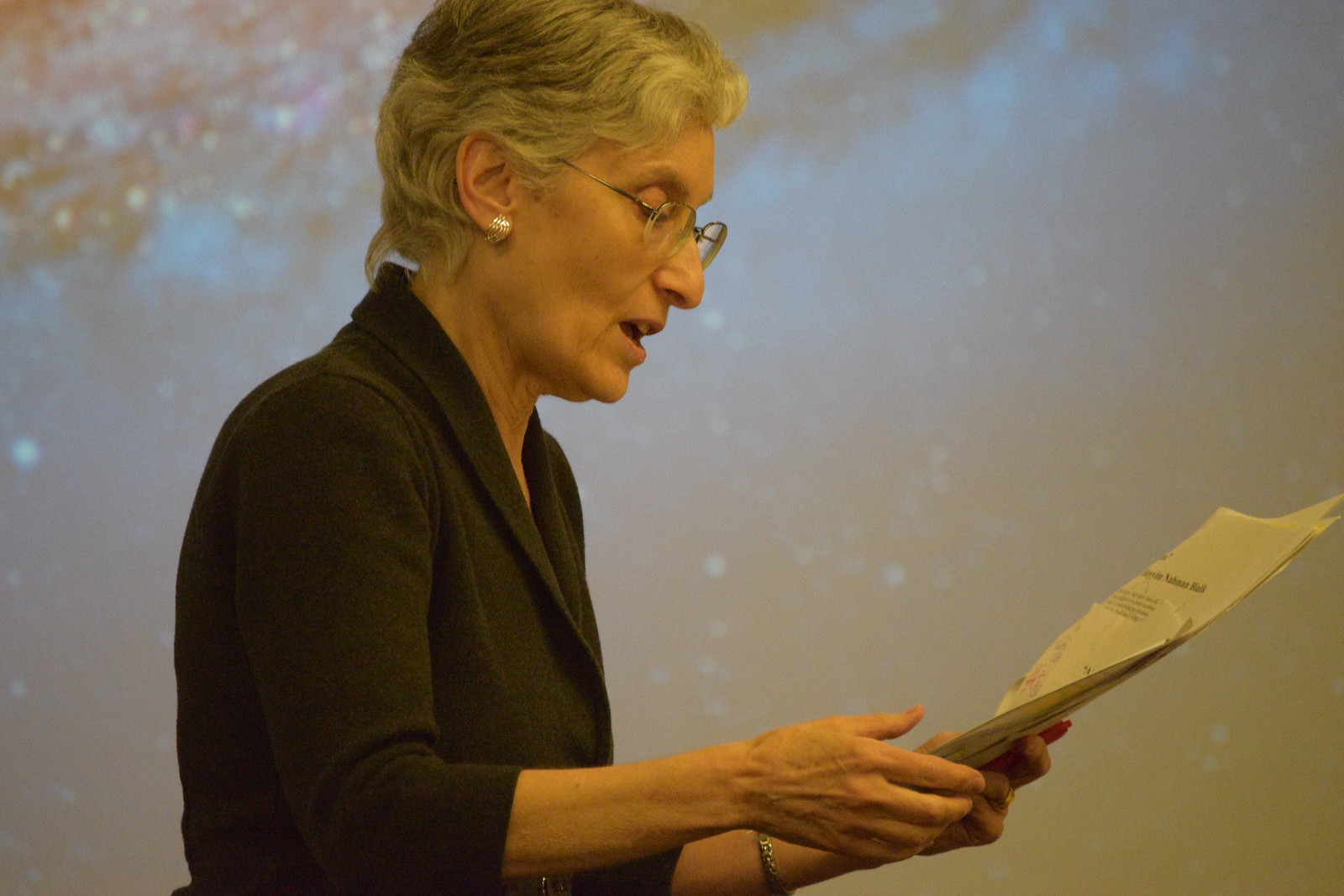
Professor Sokoloff
After the screening, Naomi Sokoloff, a professor of Hebrew and Comparative Literature at UW, moderated a discussion about one of Bialik’s poems, Levadi (“Alone”), which was later set to music by musician Roy Zamir. The group’s discussion with Professor Sokoloff ranged from the way in which Bialik wove liturgical texts and themes into his poetry to the existential longing of the poem itself to the general challenge of translation.
On Monday, January 23 from 11:45am-1:15pm in the UW HUB, the Stroum Center and NELC will screen another episode from the series, titled “Zelda: A Simple Woman.” Zelda Schneurson Mishkovsky—known to her readers simply as Zelda—was born to a Hasidic family in the early 20th century in Russia and emigrated to Palestine when she was 12. During college, she began to write poetry that combined mysticism, religious texts, and nature and by the 1970s was a celebrated poet in Israel. Her poem L’khol Ish Yesh Shem (“Each Person Has a Name”) is widely known and is recited in Israel on Holocaust Memorial Day. Qadir’s “Zelda: A Simple Woman” was the official selection of the Jerusalem Film Festival in 2015. Professor Sokoloff will again moderate a discussion after the screening. All are invited; there is no cost. Learn more and RSVP here.
Links for Further Exploration
- Attend the upcoming screening of “Zelda: A Simple Woman”
- Read about Professor Sokoloff’s new essay on Hebrew author David Grossman
- Take a Jewish Studies course at UW this winter, including Prayer and Poetry in Jewish and Islamic Traditions, co-taught by Professors Naomi Sokoloff and Samad Alavi


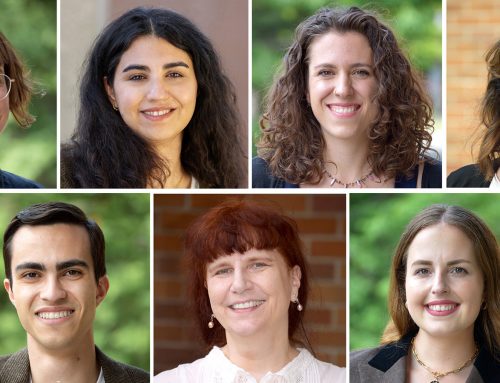
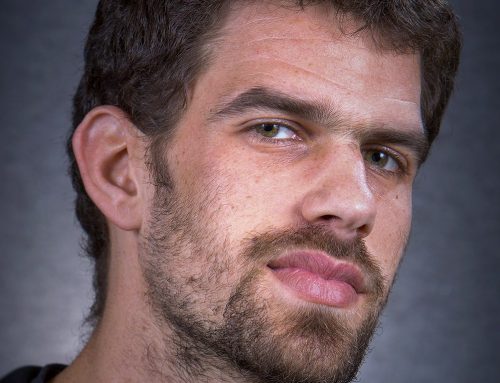
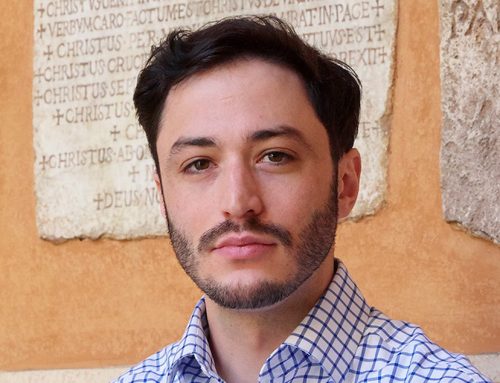
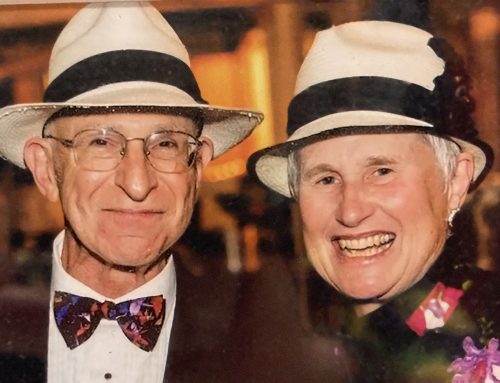
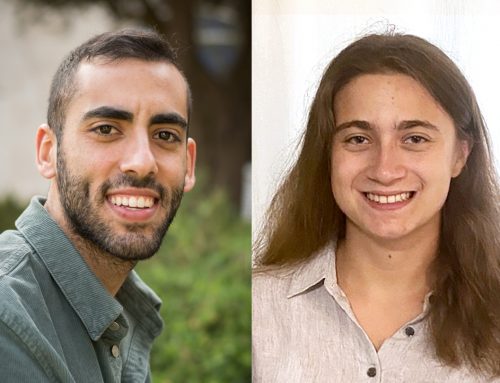
Leave A Comment